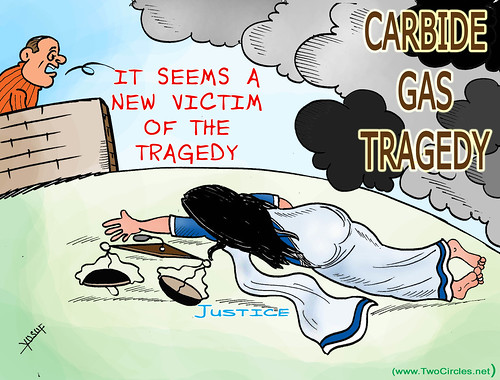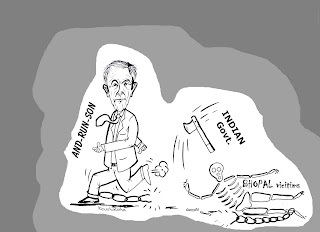G
Guns Guns Guns
Guest

Between January 1997 and March 1998, BP was responsible for 104 oil spills.
BP continues to lag other oil companies when it comes to safety.
We're taking a look at BP's most questionable actions both past and present-- which do you think is most inexcusable?
BP's green logo and multimillion-dollar green rebranding are meant to fit in with the company's motto of going "beyond petroleum." But this has just distracted from years of a horrible environmental record.
In 2005, an explosion at BP's Texas oil refinery left 15 workers dead and injured 170 others.
The cause?
BP had ignored its own safety regulations and left a warning system disabled.
In 2006, 267,000 gallons of crude oil spread onto the tundra of Alaska's Prudhoe Bay due to a tiny hole in the company's pipeline. The company had been told to check the pipeline in 2002, but ignored the warning. The spill was not even discovered until five days after it occurred, and was the largest in the region's history.
BP's oil well in the Gulf of Mexico did not have a remote-control shut-off switch that is used by two other oil-producing nations as a last-resort safeguard against underwater spills. The device is voluntary in the U.S., and while it is not clear whether it could have prevented the spill, it is another indicator of BP's lax safety measures and proclivity for convenience over caution.
BP has proven time and time again that they'd rather pay off their mistakes rather than take steps to prevent them.
In 2006, BP made a multibillion pound payout to Colomian farmers after being accused of benefiting from a regime of terror carried out by the Colombian government paramilitaries to protect their 450-mile pipeline. 1,000 farmers and their family members, working on 52 farms, were affected by the development and said they were pushed into surrounding towns, forced into lives of destitution.
BP's involvement in the Canadian tar sand development has also stirred controversy for both its human rights and environmental violations. Eriel Tchekwie Deranger, from Fort Chipewyan, which is a center of the tar sand development, told the Guardian: "It is destroying the ancient boreal forest, spreading open-pit mining across our territories, contaminating our food and water with toxins, disrupting local wildlife and threatening our way of life." Many fear the development is risking the lives of locals, increasing the likelihood of cancer.
http://www.huffingtonpost.com/2010/...45&title=Human_RightsEnvironmental_Violations
http://en.wikipedia.org/wiki/BP
http://www.nytimes.com/2010/05/09/business/09bp.html?pagewanted=all




